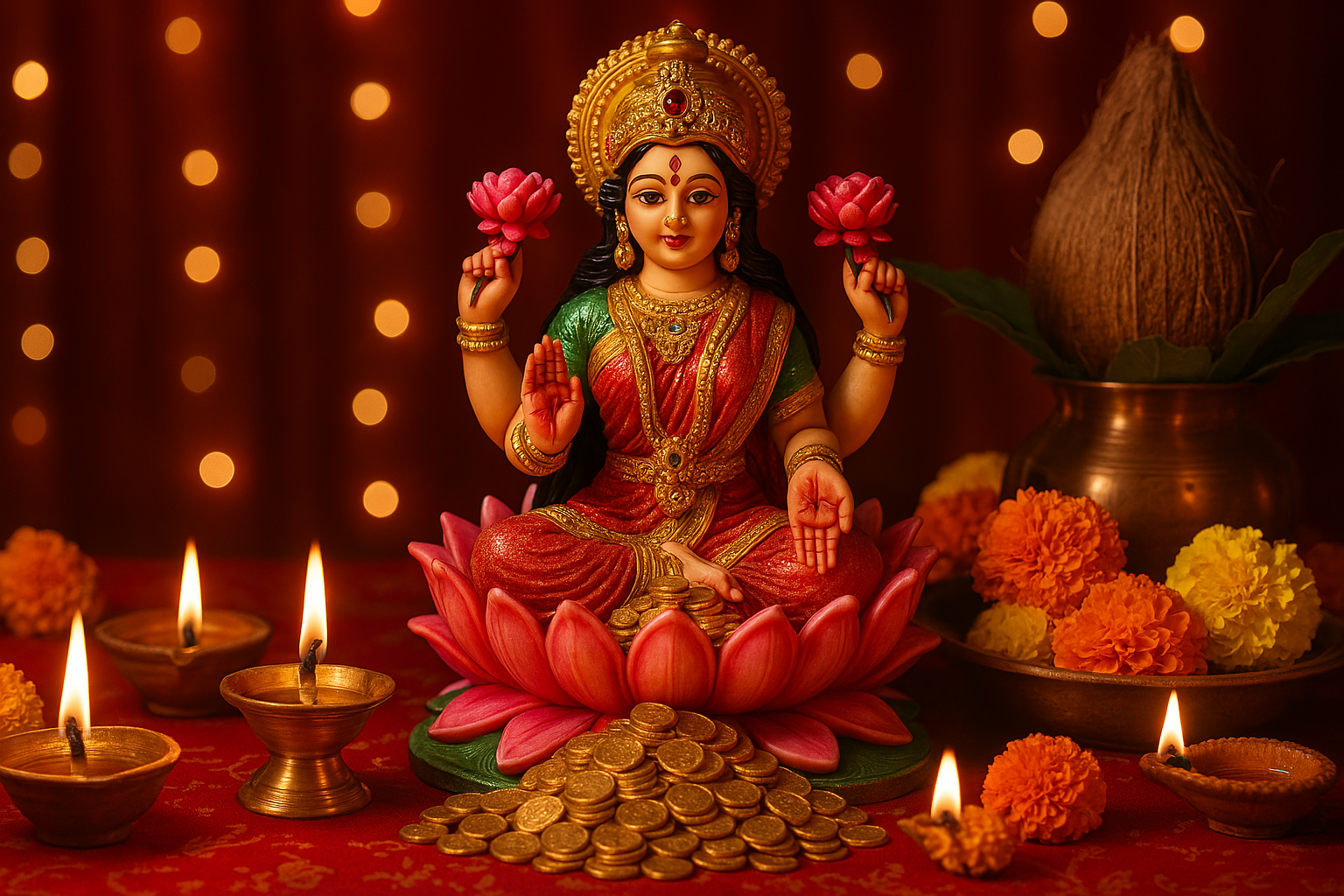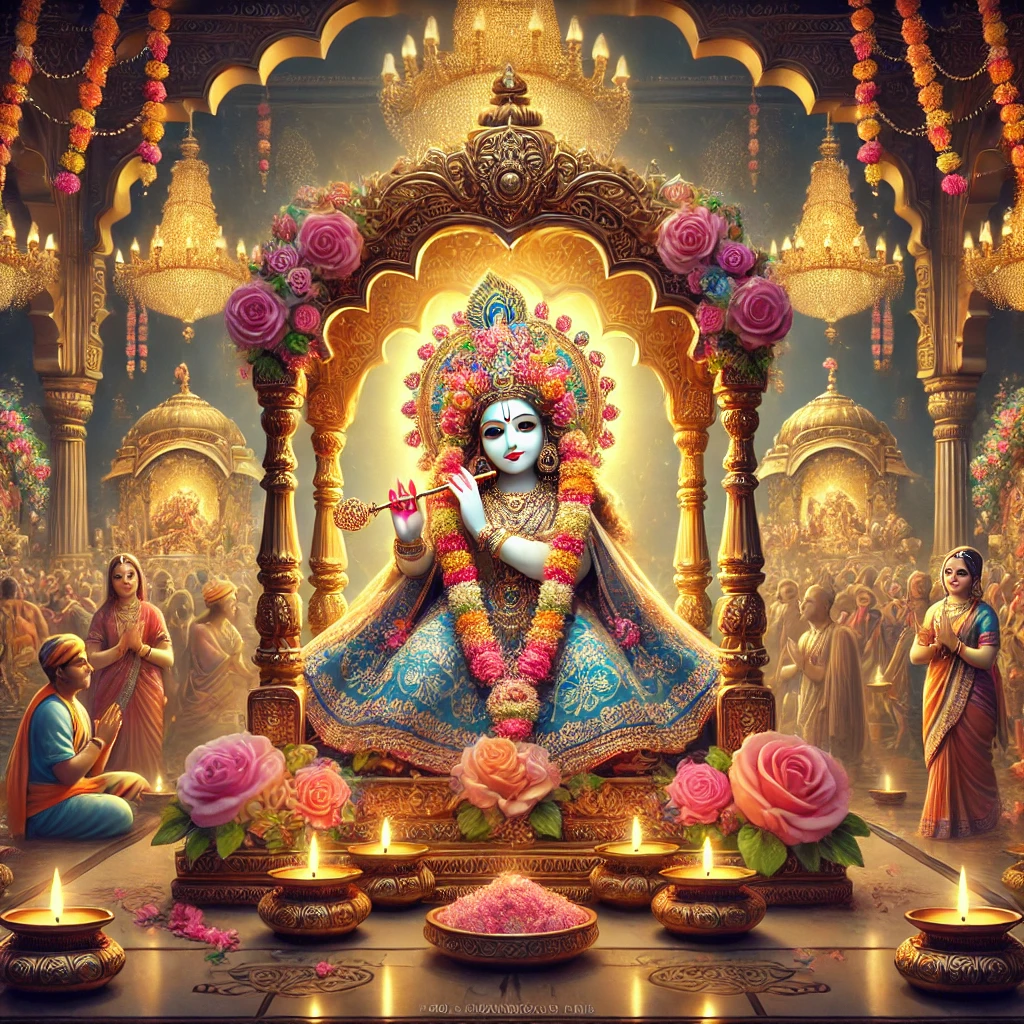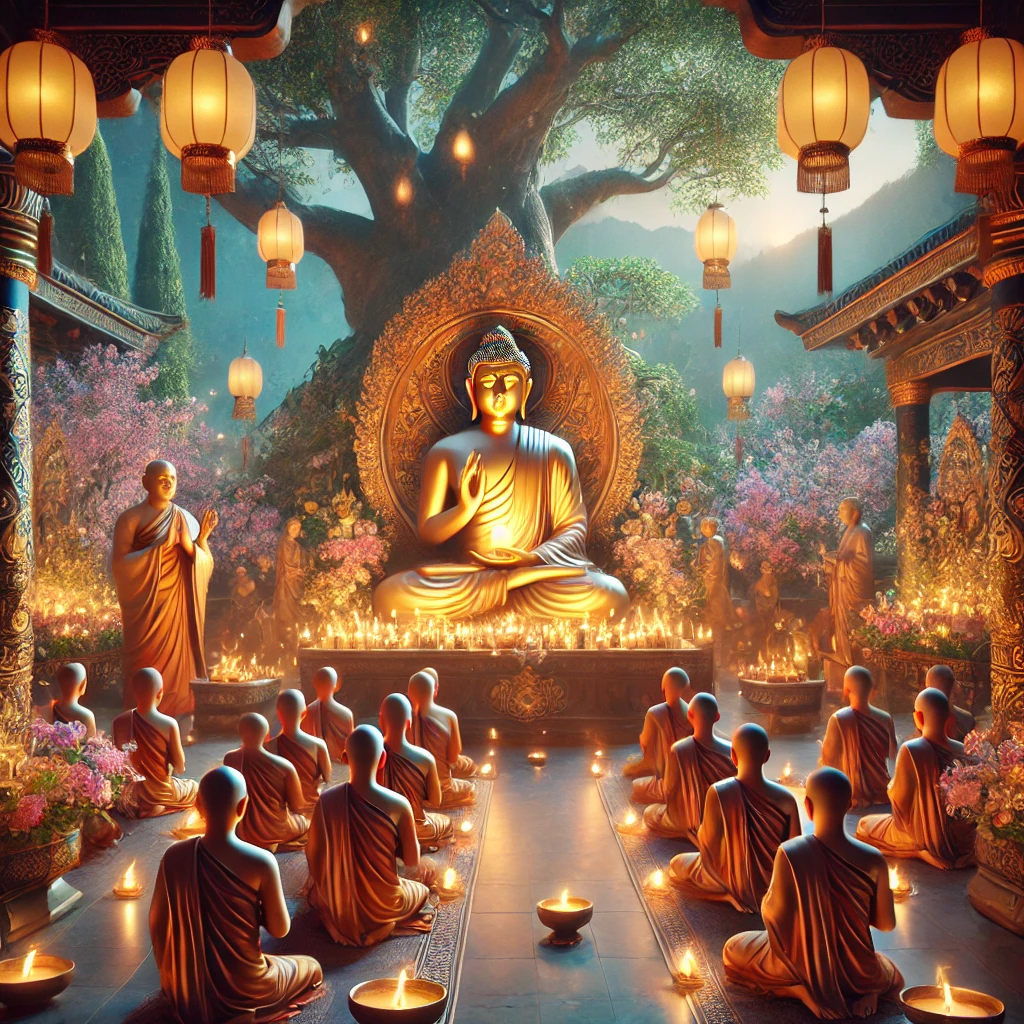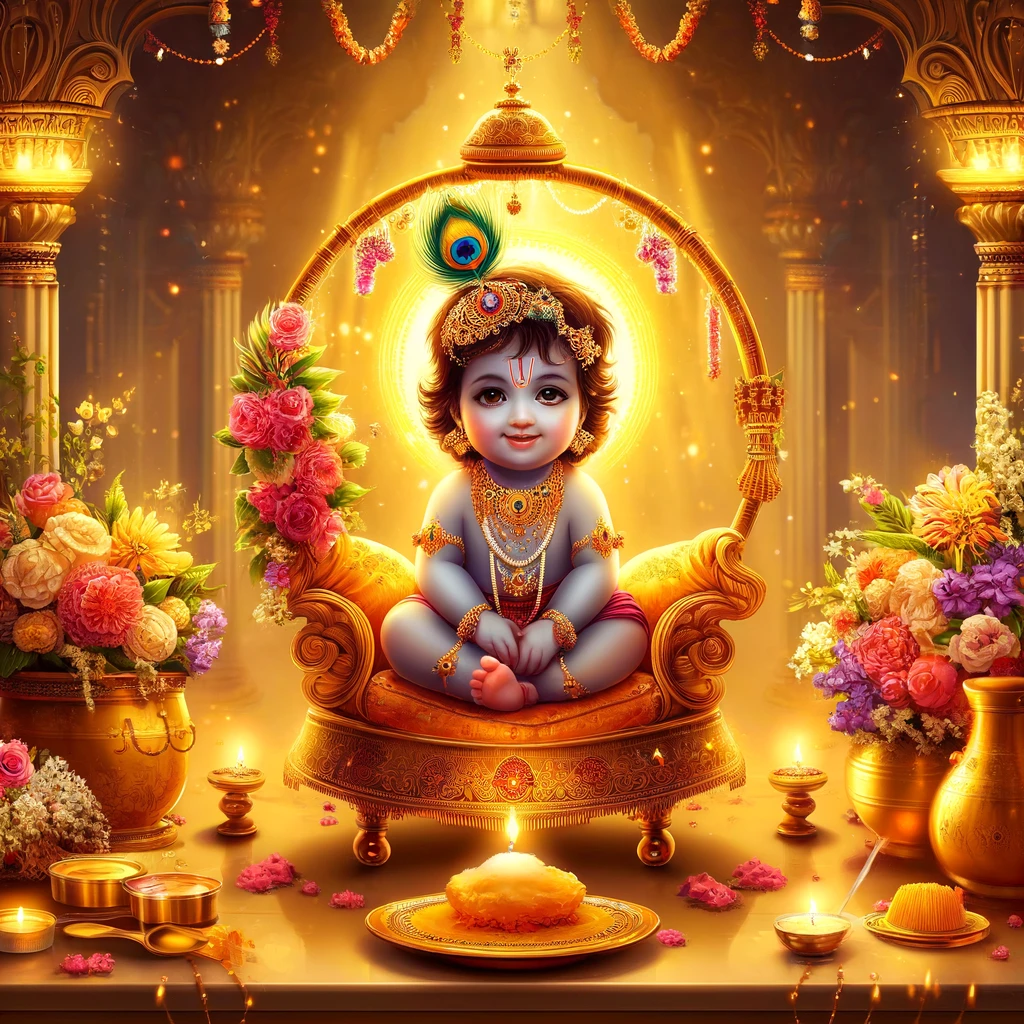Victory Day of Bangladesh, celebrated annually on December 16, is one of the most significant national holidays in the country. It marks the end of the Bangladesh Liberation War in 1971, when the country gained independence from Pakistan. The day is observed with grand celebrations, patriotic fervor, and solemn remembrance of the sacrifices made by freedom fighters.
Victory Day is not just a celebration of Bangladesh’s independence; it is a tribute to the resilience, courage, and determination of the Bengali people who fought against oppression. This article explores the history, significance, traditions, and impact of Victory Day in Bangladesh.
Article Contents
Historical Background
- Pre-War Context
Before 1947, Bangladesh was part of British India. After the partition of India, the region became known as East Pakistan, while present-day Pakistan was known as West Pakistan. Despite being a single country, East Pakistan was economically and politically marginalized by the West Pakistani government.
The main causes of the conflict included:- Language Movement (1952): The government of Pakistan attempted to impose Urdu as the national language, disregarding Bengali, which was spoken by the majority of the population. This led to protests and the death of several students in Dhaka on February 21, 1952.
- Political Discrimination: Despite having the majority population, Bengalis were underrepresented in government, military, and administration.
- Economic Exploitation: East Pakistan generated a significant portion of Pakistan’s revenue but received little in return for infrastructure development and welfare programs.
- The Road to War
In the 1970 elections, the Awami League, led by Sheikh Mujibur Rahman, won a landslide victory, securing 160 out of 162 East Pakistani seats in the National Assembly. However, the ruling authorities in West Pakistan refused to transfer power. On March 7, 1971, Sheikh Mujibur Rahman delivered a historic speech in Dhaka, calling for resistance against the oppressive regime.
On the night of March 25, 1971, the Pakistan Army launched Operation Searchlight, a brutal crackdown on Dhaka and other major cities, killing thousands of Bengalis. This led to the official declaration of independence on March 26, 1971, marking the beginning of the Bangladesh Liberation War. - The Liberation War (March – December 1971)
The war lasted for nine months, during which the Mukti Bahini (Liberation Forces) fought against the Pakistani military. Millions of refugees fled to India, which provided military and humanitarian assistance. On December 3, 1971, India officially entered the war, siding with Bangladesh.
The final battle occurred in Dhaka, and on December 16, 1971, the Pakistani forces, led by General A.A.K. Niazi, surrendered to the joint forces of Bangladesh and India. This marked the official birth of an independent Bangladesh.
Significance of Victory Day
Victory Day holds deep national significance for Bangladeshis:
- End of Oppression: It marks the end of years of political and economic oppression by the Pakistani regime.
- Recognition of Sacrifice: It honors the three million martyrs and the countless victims of war crimes.
- National Identity: It symbolizes the triumph of Bengali nationalism and the right to self-determination.
- Inspiration for Future Generations: It serves as a reminder of the sacrifices made for freedom and the importance of preserving national sovereignty.
How Victory Day is Celebrated
- National Ceremonies
The celebrations begin with official programs, including:- Laying of Wreaths at the National Martyrs’ Memorial: The President, Prime Minister, and other dignitaries pay tribute to the fallen heroes at the Jatiyo Smriti Soudho in Savar.
- Parades and Military Display: The Bangladesh Armed Forces organize a grand parade in Dhaka, showcasing the strength and unity of the country.
- Speech by the Prime Minister: A national address is given, reflecting on the historical significance of the day and outlining future goals.
- Public Festivities
- Cultural Programs: Schools, universities, and cultural institutions organize performances, including patriotic songs, poetry recitations, and dramas depicting the Liberation War.
- Concerts and Music Festivals: Patriotic songs such as “Amar Sonar Bangla” and “Joy Bangla Banglar Joy” are performed in public gatherings.
- Fireworks and Light Shows: Major cities, including Dhaka and Chattogram, host grand firework displays and illuminate important landmarks.
Commemorative Activities
- Documentary Screenings: Television channels air special programs, including documentaries and interviews with war veterans.
- Blood Donation Camps: Many organizations arrange blood donation drives to honor the martyrs.
- Honoring Freedom Fighters: Surviving war veterans and families of martyrs receive national recognition for their contributions.
Impact of Victory Day on Modern Bangladesh
- Political and Social Impact
Victory Day reinforced the importance of democracy, human rights, and self-determination in Bangladesh. The ideals of the Liberation War continue to shape the country’s policies and national identity. The government actively promotes the values of independence and development inspired by the sacrifices of 1971. - Educational and Cultural Influence
The war is a central theme in Bangladeshi literature, films, and academic discussions. Victory Day serves as an occasion to educate younger generations about their country’s history and the importance of unity and resilience. - International Recognition
Victory Day is also acknowledged by international communities, especially India, which played a crucial role in Bangladesh’s independence. Leaders from various countries send congratulatory messages, and diplomatic missions in Dhaka participate in celebrations.
Conclusion
Victory Day is more than a national holiday; it is a symbol of Bangladesh’s resilience, bravery, and unity. The sacrifices made in 1971 are honored each year with deep respect and enthusiasm. As Bangladesh continues to develop and progress, the spirit of Victory Day serves as a reminder of the nation’s journey from struggle to triumph.
The celebration of Victory Day not only commemorates the past but also inspires the future generations to uphold the values of freedom, justice, and national integrity.
-
Lakshmi Puja: The Festival of Prosperity and Devotion
Lakshmi Puja is a Hindu festival dedicated to the worship of Goddess Lakshmi, the deity of wealth, prosperity, and fortune. This festival is an integral part of Diwali,…
-
Radha Ashtami: The Auspicious Celebration of Srimati Radharani’s Birth
Article ContentsWhen is Radha Ashtami in 2025?The Importance of Srimati Radharani in VaishnavismThe Celebration of Radha Ashtami in BangladeshSpiritual and Philosophical SignificanceConclusion When is Radha Ashtami in 2025?…
-
Buddha Purnima: The Most Sacred Buddhist Festival in Bangladesh
Article ContentsWhat is Buddha Purnima?Historical Background of Buddhism in BangladeshReligious SignificanceBuddha Purnima Celebrations in BangladeshSpecial Rituals and OfferingsGovernment and Public ObservanceBuddha Purnima Beyond BangladeshBuddha’s Teachings and Their Relevance…
-
Janmashtami: The Birth Celebration of Lord Krishna
Article ContentsWhat is JanmashtamiThe Significance of JanmashtamiHow Janmashtami is CelebratedRegional Variations in Janmashtami CelebrationsSpiritual Lessons from JanmashtamiFrequently Asked Questions (FAQs) About Janmashtami What is Janmashtami Janmashtami, also known…
-
International Mother Language Day: Celebrating Linguistic and Cultural Diversity
Article ContentsOrigins of International Mother Language DayThe Importance of Linguistic DiversityHow to Celebrate International Mother Language DayHow does technology help in preserving languages?Challenges and the Way ForwardConclusionFrequently Asked…







